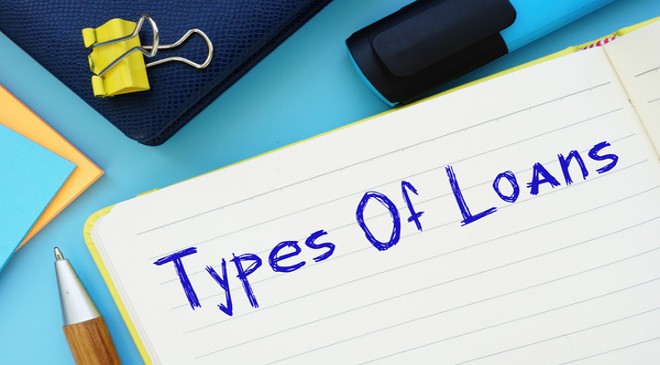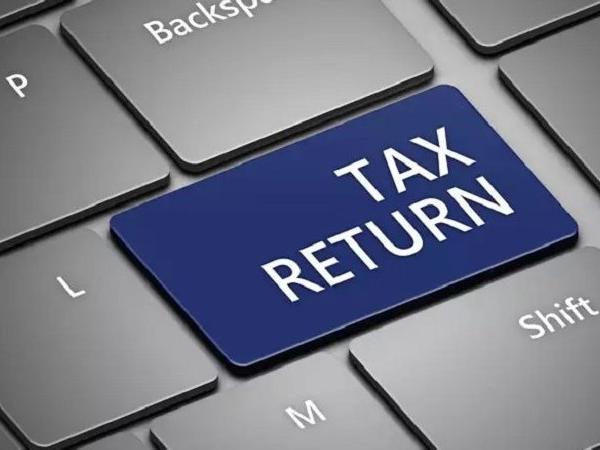Different loan types are suitable for different borrowers, regardless of whether they are financing a college education, a wedding, a home or car purchase, or perhaps something more specifically personal. It’s a good idea to become familiar with these loan kinds and their finer points, such as payback terms, APRs, and credit standards. Lets discuss the different types of loans available in India.
Read More : The Top Coffee Brands for all your morning need
Depending on whether collateral is required, loans can be roughly divided into secured and unsecured loans. Loans that are secured require collateral; unsecured loans do not. There is a list of loan products under each of these two headings, each of which has a distinct function. It is vital to be aware of the characteristics of the various loan products offered in India so you can apply for financing with confidence.
Loans available in India
1. Secured loans
2. Unsecured loans
1. You must provide security in order to obtain a secured loan. As an example of a secured loan, consider mortgages. Lenders utilise collateral when you take out a home loan, usually your house. Lenders have the right to seize your property to reclaim debts if borrowers don’t repay loans in accordance with the terms of the loan.
2. An unsecured loan is one for which you are not required to put up security. Your loan eligibility and interest rate is decided based on your creditworthiness – your income, repayment capacity and credit score. The greatest illustration of an unsecured loan would be a cash loan or personal loan.
Secured loans
Read More : Top Cradles for newborns in India
1. Home loans-Home loans are backed by collateral and are used to buy real estate. Land purchase loans, house building loans, home improvement loans, and other sorts of home loans are all offered in India.
2. Gold loan- Loans that are secured by gold jewellery, coins, or bullion are known as gold loans. As per the appropriate loan-to-value guidelines, the borrower gives the lender a pledge of gold jewellery in exchange for the money. Interest rates on gold loans may be lower than those on personal loans.
3. Loan against Property- A loan against property, sometimes known as an LAP, is a secured loan authorised against a pledged piece of property. You can utilise the LAP money for any financial need because there are no constraints on its eventual usage.
4. Loan Against Insurance Policies – Endowment plans and conventional policies, among other forms of life insurance, may be eligible to serve as collateral for a loan against an insurance policy. The banks may charge interest based on their 1-year MCLR rate, and the maximum loan amount may be up to 90% of the policy’s surrender value (not its sum assured).
5. Loan against PF/EPF -You may be able to borrow money against your Provident Fund (PF) account if you have one. Such loans are regarded as premature withdrawals and would not incur an extra interest rate. However, premature PF withdrawal is only permitted under specific conditions, such as a medical emergency, home purchase, wedding, unemployment, etc.
6. Loan against Fixed deposit-With a loan against fixed deposit, you can obtain money by utilising the security of your FD as collateral. Depending on the regulations of your bank, you may be able to borrow a set proportion of the entire deposit amount, usually up to 90–95 percent of the deposit. Such loans often have interest rates that are up to 2% higher than the appropriate FD rate.
Read More : Budgeted Action cameras Under 10000
7. Vehicle loan -Vehicle loans, which may be used to finance a car, bike, or electric vehicle of your dreams, are often secured loans. The automobile in question serves as security for your loan.
Unsecured loans
1. Personal Loan-Personal loans are unsecured loans that can be utilised for any sort of financial need, from funding a trip or wedding to covering crises and home improvements. Personal loans are available at the lowest rates possible for pre-approved clients and candidates with steady employment and good credit.
2. Cash loan-A cash loan is comparable to a personal loan, but qualified individuals may apply for one quickly and completely paperlessly using the lender’s mobile application. They too, like personal loans, are completely open-ended and can be used for any purpose.
3. Education loan-Higher education can be paid for via education loans in India or overseas. They pay not only for the educational institutions’ tuition fees but also for the housing and other living costs incurred by the students while they are enrolled in classes. Although education loans are typically unsecured, lenders may require collateral or a guarantor to approve some applications for high loan amounts.
Read More : Top Ice cream makers brands available in India
4. Agriculture Loan-Various farming-related activities are eligible for agricultural loans. All around the nation, financial institutions provide financial assistance to farmers.
5. Credit card loan-The credit card account of the user, which may or may not be tied to the card’s credit limit, is where loans on credit cards are linked. Typically, the monthly card bill and the loan repayment EMIs are combined. Despite the fact that these loans may be swiftly obtained with no documentation and utilized for any financial need, their interest rates are often substantially higher than those of personal loans. They should thus only be used as a last resort and in the smallest amount feasible.
Despite the abundance of loan possibilities, each has advantages and disadvantages of its own. To narrow down the possibilities that best satisfy your specific financial needs, it is crucial to analyse a variety of loan options.













